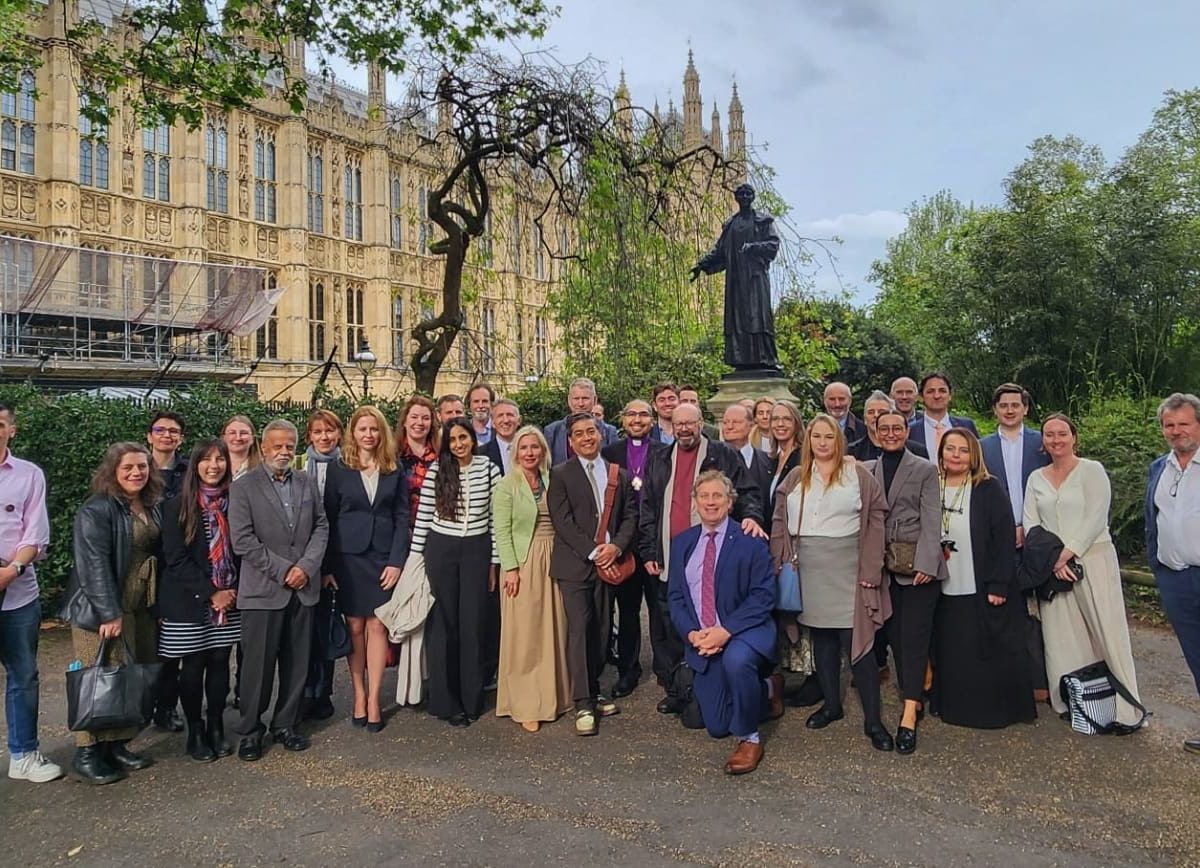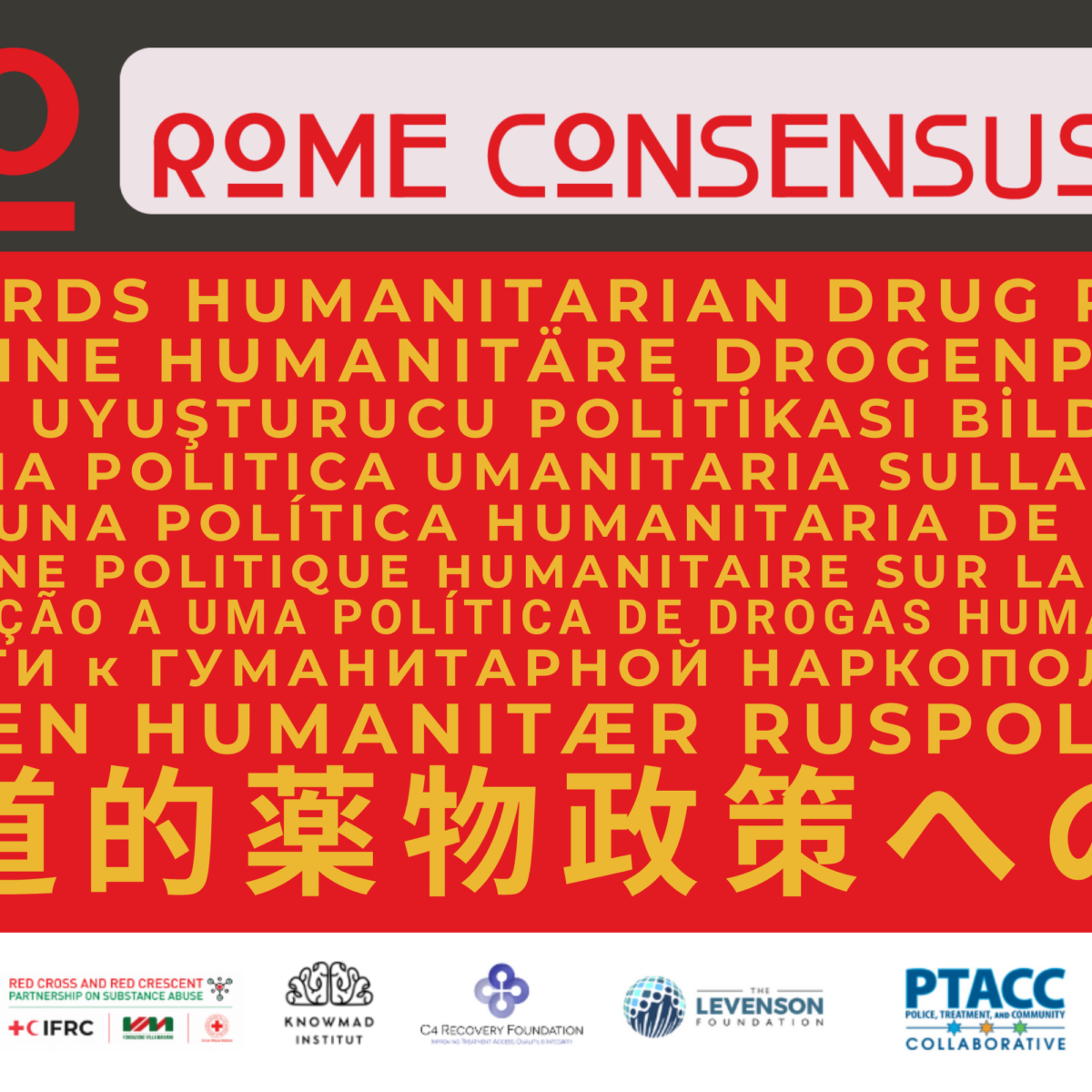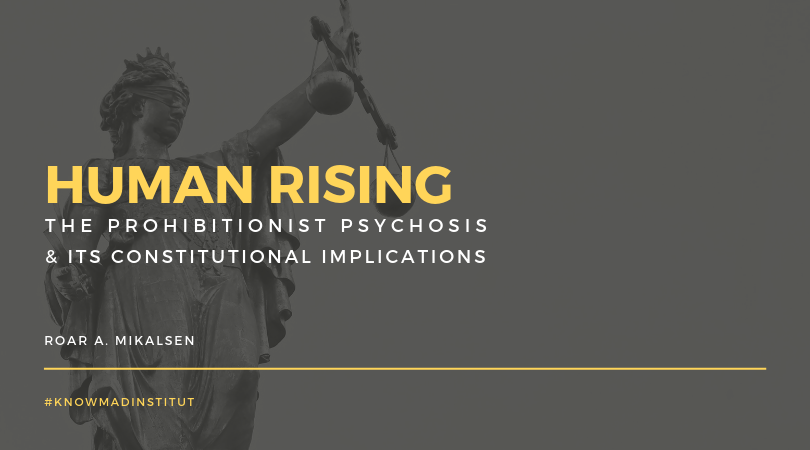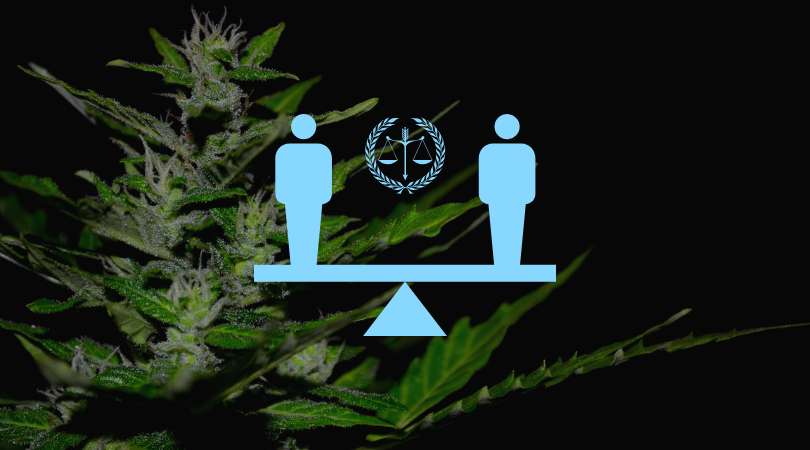Transforming the Response to Synthetic Drugs

On May 14th, the Knowmad Institut was honored to participate in a crucial event organized by the Police, Treatment, and Community Collaborative (PTACC) at the prestigious House of Lords in the UK Parliament. This international gathering brought together leaders and experts from various organizations dedicated to drug policies, including Villa Maraini and the C4 Foundation….
Emerging International Threat of Synthetic Drugs: Analysis and Perspectives

The global drug landscape has undergone significant changes in recent decades, with a notable increase in the production and use of synthetic drugs. This article analyzes the information presented in the House of Lords report on the emerging threat of synthetic drugs, highlighting the types of drugs, their effects, and public health implications. To download…
Knowmad Review: Cannabis and 3D Data

The Knowmad Institut has selected three multidisciplinary studies for curation from the Knowmad Research Gateway that address topics of interest and relevance in the field of science and human rights. The first study explores the factors influencing consumers’ choice of cannabis products, highlighting the role of price and product quality. The second study focuses on the need for more scientific evidence on using cannabis for medicinal purposes and the genetic factors associated with treatment. The third study examines how incorporating 3D data from urban settlements can improve Europe’s population data quality and accuracy.
Study Reveals Surprising Link Between Cannabis Use and Lower Body Weight in Hepatitis C Patients

A study has found that patients with chronic hepatitis C virus (HCV) who use cannabis have a lower risk of obesity and central obesity. The study, which analyzed data from the French ANRS CO22 Hepather cohort, used logistic regression models to examine the inverse relationship between cannabis use and body weight in HCV patients. The results showed that current cannabis use was associated with a lower risk of central obesity, BMI-based obesity, and overweight. This relationship was also observed in former cannabis use but to a lesser extent. The study suggests that cannabis use may be a factor in reducing obesity in HCV patients, but further research is needed to confirm these findings.
One Young World Ambassadors Join Rome Consensus 2.0

From the European Institute for Multidisciplinary Studies on Human Rights and Sciences – Knowmad Institut we are proud that one of our founders was selected to participate in the One Young World Summit and has made known the work that our team does every day for a sustainable, fairer and multipolar world. The annual One…
Debate on Cannabis Regulation in El Salvador. A few observations.

By Ricardo Langlois, Special Advisor of the Knowmad Institut On Thursday, April 11, two thousand nineteen, a proposal was presented for the reform of the control policy of Cannabis L., popularly known as marijuana, which seeks to reform Art. 3 literal E of the Regulatory Law on Drugs (LERARD, for its Spanish acronym), and seeks…
Getting Factual: Pros and Cons of Cannabis Consumption

By Laurice Wardini, Author of Loud Cloud Health The general population appears to be changing the attitude toward consuming cannabis. Over the last century or so, there was the constant prejudice that its main use was to get “high.” The main propeller for this change was decades of experiments and high-end research, which eventually led…
The Prohibitionist Psychosis and its Constitutional Implications

Book Presentation: Author: Roar Mikalsen, Norway AROD – Alliance for Right-Oriented Drug policies. [aux_button label=”Click Here To Download The Book” size=”medium” icon_align=”center” color_name=”dark-gray” border=”” style=”” icon=”download” link=”https://knowmadinstitut.org/wp-content/uploads/2019/07/HUMAN-RISING-2018-PDF.pdf” target=”_blank”] “Tracing the Spirit of Freedom as it moves through the centuries, this book ties the prohibitionist experiment to other totalitarian endeavors. Arguing from a perspective of First…
Constitutional Challenges to the Drug Law. A Case Study

As the U.S. Constitution established a system of law built on first principles, much of the focus will be on the qualitative difference that separates principled from unprincipled reasoning. As shall be seen, we are dealing with two different legal paradigms, one superior to the other, and nowhere is this better exposed than in challenges to the drug law. While unprincipled reasoning is quickly revealed to be the result of confused analysis and incomplete understanding—that is, as not being supported by any valid foundation at all— principled reasoning has as its defining trait that it is always harmonious with reason, leading back to first principles.
Sacred Plants and Mental Health in Latin America

Sacred plants have a number of phenomena that revolve around their ritual and medicinal use, as
well as being seen as carrying a bond with the sphere of the sacred. México is the country that has
the greatest diversity of sacred plants in the Americas because its indigenous groups have a
magical-religious relationship with them.
In the beginning of the study of sacred plants, psilocybin, mescaline and ergotamine began to be
classified as classical psychedelics, this categorization was of great help to psychiatry and
neuroscience in the 1950s and 1960s.







